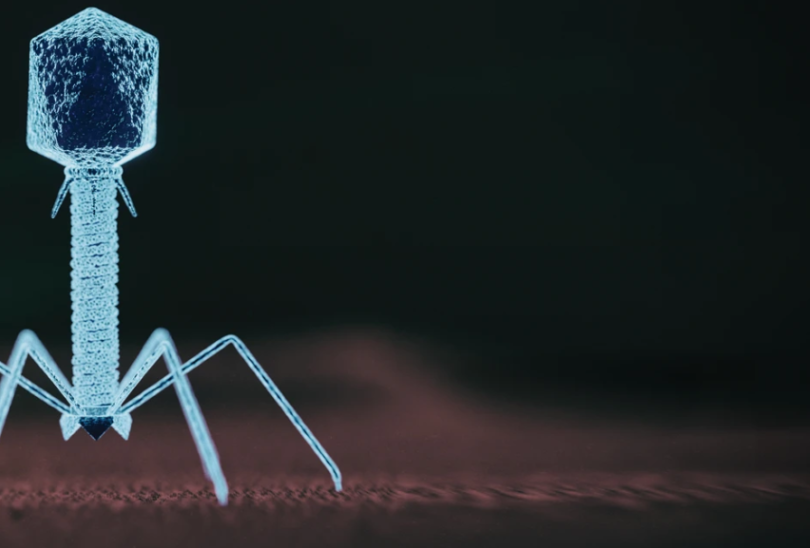“The divers (breath-holding) mutation”

The Good: Increased time of holding breath allowed those with the mutation to become mutationally more adept at diving by staying underwater longer. The modification might enable carriers to hold their breath for long periods compared to the average. This mutation has been found to be most common among the free-diving Bajau people.-1
The Reality: The actual rate of this mutation is elusive at best, and any supposed benefits are anecdotal and rare. The mutation is most commonly associated with hearing loss.-2 This mutation is associated with both pre & post-synaptic molecular changes in the brain called substantia nigra damage-3, which are directly associated with memory-6. Damage caused to the dopaminergic neurons within the midbrain is associated with Parkinson’s Disease, movement disorders, Huntington’s Disease, tremors, and rigidity. Also, white and gray matter changes within the striate cortical pathways.”-2 Diseases associated with PDE10A include Dyskinesia (involuntary, erratic, twisting movements of the face, arms, legs, or trunk), Limb And Orofacial, Infantile-Onset, and Striatal Degeneration (a neurologic disorder characterized by delayed motor development), as an Autosomal Dominant disorder (pattern of the inheritance of some genetic diseases such as Marfan’s Syndrome)-4. Ultimately this mutation negatively affects the “…region of the brain that contributes to controlling movement and cognition.” Degradations due to the CX26 mutation include KIDS Syndrome and deafness. Also, it causes sleep apnea, breathing problems, and sensitivity to Carbon Dioxide.-5.
PDE10A is (an) “autosomal dominant disorders, (and) only one allele of a mutated gene is necessary for disease.”
Mechanisms and Morphology of Cellular Injury, Adaptation, and Death; Margaret A. Miller, James F. Zachary, in Pathologic Basis of Veterinary Disease (Sixth Edition), 2017
We found that PDE10A and ADCY5 mutations were associated with decreased PDE10A expression in the striatum and globus pallidus (brain matter), decreased dopamine transporter expression…loss of substantia nigra neuromelanin-containing neurons, and microstructural white and gray matter changes…”-2
Effects are anecdotal
Summary: The mutated sequence associated with increased oxygen saturation rates has been identified and lab-verified; however, this mutation’s proclaimed benefits are rare (if they exist at all). Conclusions are anecdotal as finding carriers also with the proposed benefit of holding their breath longer have been elusive. Carriers and their offspring are often plagued with many dangerous side effects, including harmful effects to the brain region that controls movement, cognition, and memory. It can cause many adverse effects when the trait is passed, including diseases, deafness, and neurological disorders. Conditions include Huntington’s, KIDS Syndrome, Infantile-Onset, and Striatal Degeneration. Ironically, the mutation might directly associate breathing problems, including sleep apnea and increased sensitivity to carbon dioxide.
2 https://movementdisorders.onlinelibrary.wiley.com/doi/abs/10.1002/mds.27523
3 https://www.sciencedirect.com/topics/medicine-and-dentistry/substantia-nigra
4- https://www.sciencedirect.com/topics/medicine-and-dentistry/autosomal-dominant-disorder
5- https://www.newswise.com/articles/genetic-mutation-may-hold-answers-to-controlled-breathing;


